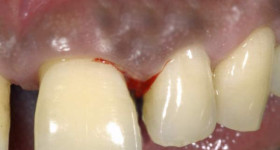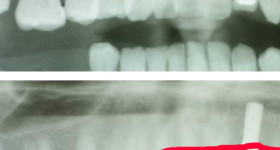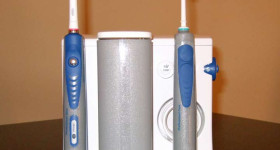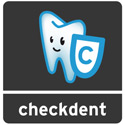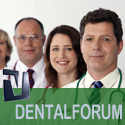The good in your jaw, the bad in …?
Is there just one good implant system, or are all equally good?
 Generally, it can be said that the systems currently on the market are by and large the same when it comes to effects on bone healing.
Generally, it can be said that the systems currently on the market are by and large the same when it comes to effects on bone healing.
Although implant manufacturers advertise exceptional surfaces which supposedly speed up the healing process for bone, in practice and as shown by studies there is hardly any noticeable or proven difference. Depending on the quality of bone, dental implants take 0-3 months to heal completely, and even a little longer after operations involving bone reconstruction.
–
–
When it comes to quality, what matters is the design of implant crowns. The dental crown is not directly connected to the implant, but rests on an intermediate layer, called an abutment (the red arrow in the picture).
The abutment is usually set onto the implant and screwed into place. This connection has its weak points, however. Some companies, such as Astra or Ankylos opted for a conical connection – and they turned out to be right!
More on this topic here !
Source: 2009_Implant-Systeme (Implant-systems)

